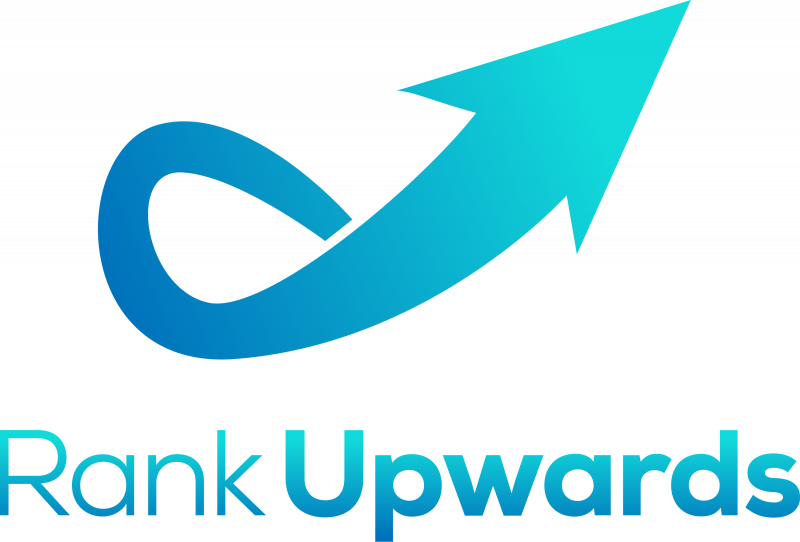Self-reliance is all about trusting yourself, making your own decisions, and handling life’s ups and downs without depending too much on others. Connectedness, on the other hand, thrives on relationships, teamwork, and support systems. Both approaches have value, but they lead to very different paths.
Some people lean fully into self-reliance, refusing help at all costs. Others depend so much on connections that they struggle to stand on their own. The key is knowing where you stand and how each mindset shapes your life.
Here are five major differences between self-reliance and connectedness:
Independence vs. Interdependence
Self-reliance thrives on independence. If you are self-reliant, you don’t wait around for someone else to solve your problems. You figure things out, make decisions, and take action - be it fixing a leaking sink, launching a business, or navigating a tough situation. Your confidence grows because you trust your own abilities.

Olly / Pexels / Connectedness is all about interdependence. Instead of doing everything alone, you rely on a network of friends, family, and colleagues to share advice, support, and responsibilities.
Think about a tight-knit family that pools resources to buy a home or a team at work brainstorming solutions together. The strength here is not in going solo. It is in the power of working together.
Risk-Taking vs. Security-Seeking
A self-reliant person is more likely to take risks. When you trust yourself, you’re willing to bet on your own skills and instincts. Entrepreneurs, for example, embody self-reliance. They take the leap, start from scratch, and push forward even when the odds seem impossible.
Notice, they don’t wait for permission or reassurance. Instead, they trust themselves to figure things out.
People who value connectedness prefer security. They feel safer knowing they have a safety net of people who will catch them if things go wrong. A person choosing a stable 9-to-5 job with strong benefits over a risky startup venture is not just avoiding failure. They are prioritizing the support and stability that come from being part of a larger system.
Self-Sufficiency vs. Support Systems
Self-reliance means handling things on your own. You learn to cook instead of ordering takeout, you budget carefully so you don’t need to borrow money, and you develop skills that keep you from depending on others.

Nilov / Pexels / If you move to a new city alone and start fresh without leaning on anyone, that is pure self-reliance in action.
On the other hand, connectedness values support systems. If are part of a strong network, you don’t have to carry every burden by yourself. A college student whose family helps cover tuition or a professional who leans on a mentor for guidance is not weak.
They are using their connections to grow. Support doesn’t mean dependence. It means recognizing the strength of collective effort.
Solo vs. Group-Oriented Decision-Making
Self-reliant people make decisions quickly because they don’t feel the need to consult others. If you have ever booked a solo trip on a whim or taken a new job without waiting for approval, you are showing self-reliance. It is about trusting yourself enough to move forward without outside validation.
Connectedness leans on collaboration. People who thrive on connection seek input before making big decisions. They will ask friends for opinions before switching careers or discuss financial moves with their spouse.
Resilience vs. Adaptability
Self-reliance builds resilience. When you rely on yourself, setbacks don’t shake you as much because you have built the habit of solving problems. If you lose a job, you don’t panic. You start planning your next move. If you face rejection, you keep going.
The ability to bounce back is a core strength of self-reliant individuals.
Connectedness fosters adaptability. People who embrace connection don’t just push through struggles alone. They adjust by leaning on others. If they lose a job, they tap into their network for opportunities. If they face hardship, they reach out for emotional support.


